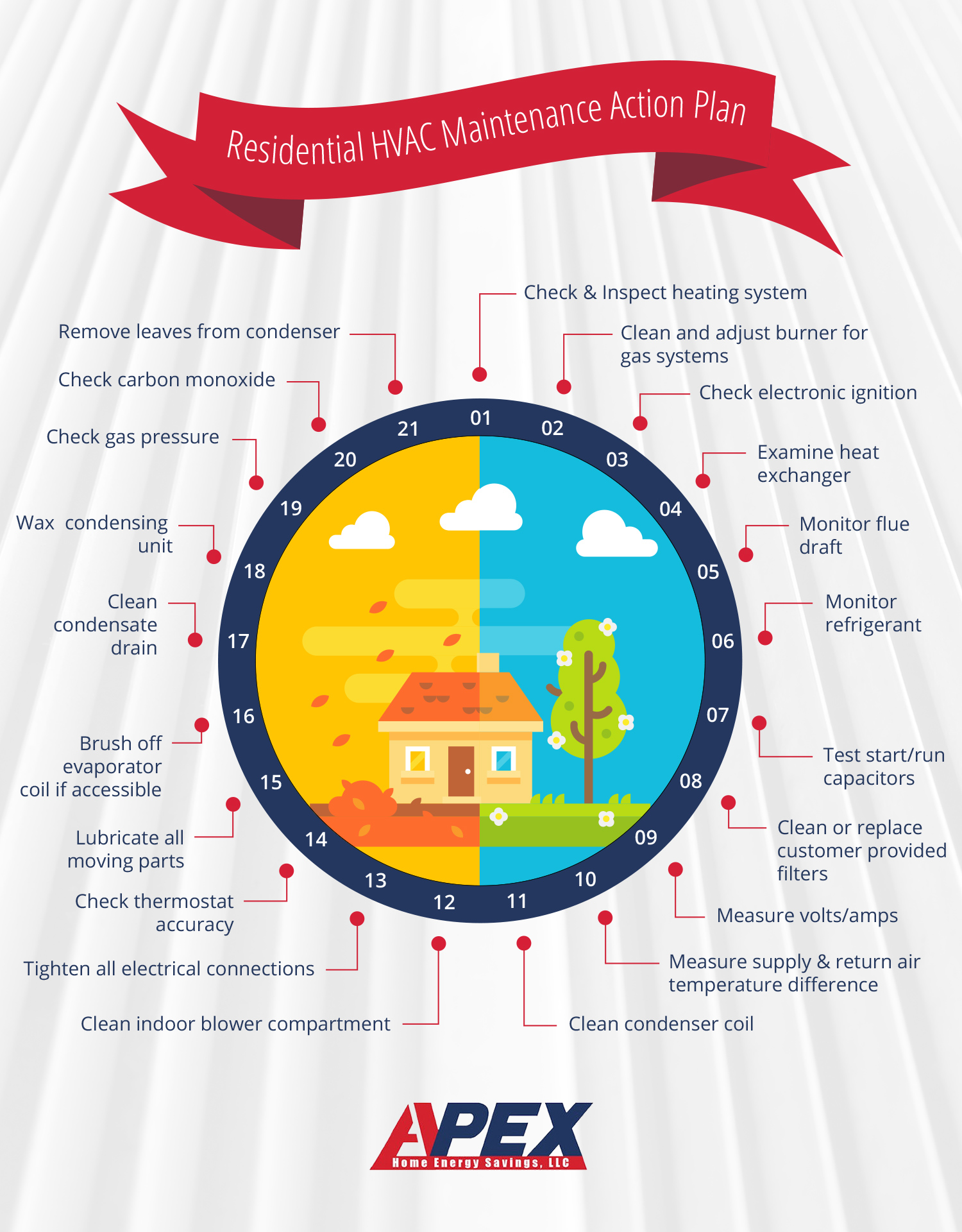Before the heat pump installment begins, you need to guarantee your home awaits the process. Cleaning the area, examining the electrical setup, and ensuring appropriate ventilation are essential steps to take. By complying with these first preparations, you set the stage for an effective installment. However what about the better details that can make a substantial distinction in the performance and durability of your heat pump system? Let's check out the nuances that can elevate your home's preparedness for this necessary upgrade.
Cleaning the Setup Location
Prior to the heatpump setup can start, it's essential to remove the assigned location thoroughly. Beginning by eliminating any debris, mess, or challenges that might restrain the installation procedure. https://www.forbes.com/advisor/home-improvement/most-efficient-heating-systems/ consists of furnishings, decorations, and any other products that can obstruct. See to it the pathway to the setup site is clear for the installers to relocate tools and materials quickly.
Next, make https://besthvaccontractorsrepair56665.mdkblog.com/36224114/are-you-finding-it-tough-to-understand-the-unusual-noises-and-temperature-variances-from-your-heat-pump that the location around the assigned setup place is tidy and without any kind of dust, dirt, or various other products that can affect the heat pump's efficiency. Move or vacuum cleaner the location to create a clean office for the installment group.
Additionally, consider providing simple access to the installation location by clearing a path from the entry of your home to the installation place.
Assessing Electric System
Examining the electrical system is a vital action before waging the heatpump setup. Begin by examining if your home's electric panel can sustain the additional lots a heatpump will need. Make sure there suffice offered circuits to suit the heat pump and that they meet the manufacturer's specs. It is very important to have a devoted circuit for the heat pump to avoid overloading and potential threats. If your electrical system needs updating, get in touch with a specialist electrician to make the required changes.
Check the circuitry in your house to ensure it depends on code and can deal with the needs of the new heatpump. Keep an eye out for any kind of frayed cords, loosened connections, or indicators of wear that may posture a safety and security risk. Validate that the electric outlets near the installment location are grounded and in good condition. If any kind of problems are detected, have them addressed immediately by a qualified electrician.
Proper assessment and upkeep of your electric system will certainly make sure a risk-free and efficient heat pump installation procedure.
Ensuring Appropriate Air Flow
To make certain a successful heatpump installation, it is very important to focus on appropriate ventilation in your house. Appropriate air flow aids the heatpump run efficiently and avoids air top quality problems.
Before installment, check that all vents and duct are tidy and unblocked. Clearing up these locations ensures that air can stream openly, maximizing the performance of your new heat pump system.
In addition, consider the positioning of the heat pump unit itself. It should have sufficient space around it to permit appropriate airflow. Proper air flow not only improves the heat pump's efficiency however also assists keep a healthy and balanced interior environment.
If needed, consult with a specialist to analyze your home's air flow needs and make any kind of necessary modifications. By making certain appropriate air flow, you're establishing the stage for a seamless heat pump installment process and optimal performance of your brand-new system.
Conclusion
Now that you have actually removed the setup area, assessed the electric system, and ensured proper ventilation, your home is ready for a smooth heat pump setup. By taking these steps, you have actually set the stage for an efficient and effective procedure. Take pleasure in the advantages of a new heat pump system in your home, recognizing that you have prepared your area for ideal efficiency.
